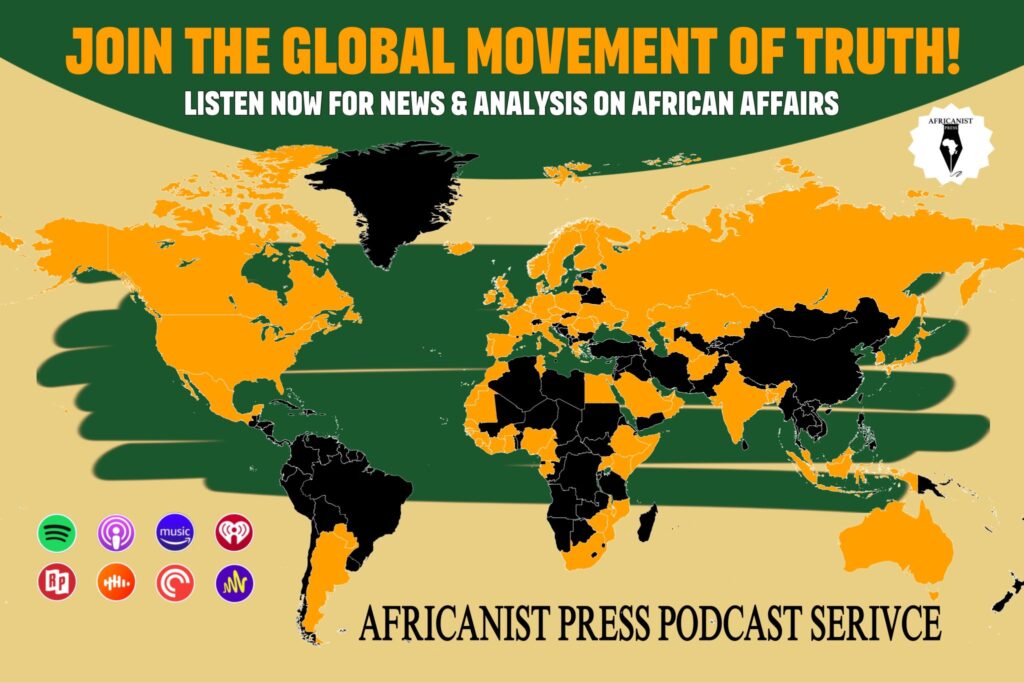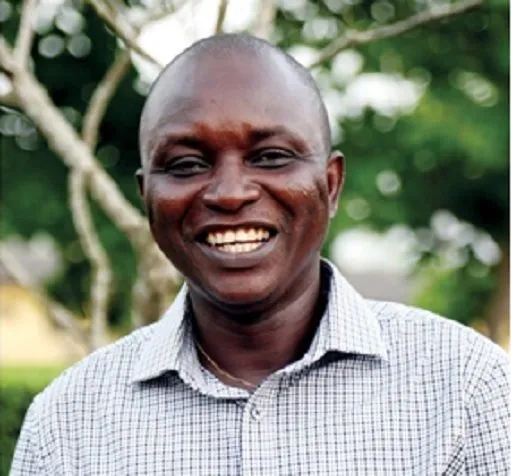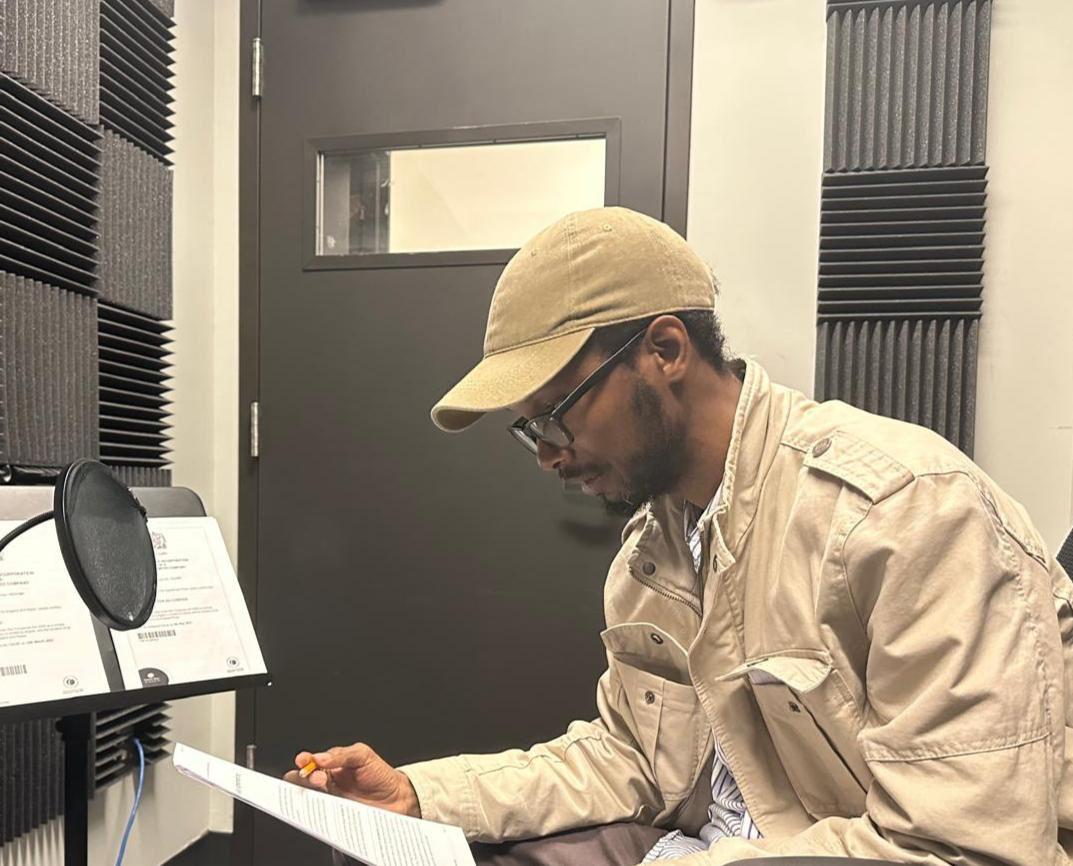By Chernoh Alpha M. Bah
It is now ten years since the death of Sierra Leone’s leading viral hemorrhagic fever specialist, Dr. Sheikh Umarr Khan. News of his death during the first few weeks of the 2014 Ebola outbreak, generated press headlines across the world. Yet, ten years after his death, questions surrounding how he contracted Ebola and the circumstances of his demise, still remain unanswered.
Those who worked with Khan, including infectious disease experts in universities across the United States and Europe, had since moved on to lucrative academic and professional careers, receiving more grants and awards. In Sierra Leone, both Khan and the Ebola disease that killed him are now distant memory; they form part of the collective public trauma that Sierra Leoneans have experienced in the last two decades and unwillingly learned to forget.
But what does Khan’s death tell us as a people?
Khan died on July 29, 2014, in the eastern district of Kailahun in Sierra Leone. Khan was reportedly infected on July 22 at the Kenema Government Hospital where he presided over the treatment of Lassa fever at a sixteen-bed unit on the ground floor of the hospital. The 39-year-old father of two spent ten years as a physician and was the leading virologist in the country at the time of his death.
When asked a month before his death about the risks faced by health workers in Sierra Leone fighting against an emerging Ebola epidemic, Khan told the BBC: “I’m afraid for my life. I must say I cherish my life, and if you are afraid of it, you will take the maximum precautions.”
Khan’s death raised a serious question across western medical circles: why did the western doctors working with him refuse to treat him with a known, potentially effective experimental drug? The said experimental drug is called ZMapp and was being tested at a field laboratory in Kailahun. A group of scientists from Mapp Biopharmaceuticals, a biotech company in San Diego, USA, the National Institute of Allergy and Infectious Diseases division of the National Institute of Health (NIH), and the Public Health Agency of Canada’s research facility in Winnipeg developed ZMapp a decade earlier. A single dose of ZMapp was within reach of that remote field hospital in rural Sierra Leone where Khan was reportedly admitted after he tested positive for Ebola.
In June of 2014, a few weeks before Khan fell ill, Gary Kobinger, one of the scientists responsible for the development of the experimental drug, and his group in Canada travelled to Sierra Leone with laboratory equipment for the doctors working at the newly established Ebola treatment center in Kailahun run by MSF. Kobinger left three plastic bottles of ZMapp in a freezer at the Kailahun treatment center. He wanted to see how ZMapp held up in the tropical climate, where the heat and an uncertain electricity supply can ruin the drug’s effectiveness.
When Khan became ill, a government official in Freetown reportedly sent an e-mail correspondence to Ebola experts around the world seeking assistance on how to treat the country’s only hemorrhagic fever specialist. The cry for help is claimed to have resulted in a chain of international conference calls involving scientists and health officials from various parts of the world who represented the WHO, the United States Centers for Disease Control and Prevention, the Public Health Agency of Canada, the United States Army, MSF, and the government of Sierra Leone. The debate centered on the single dose of ZMapp that had been left by Kobinger at the Kailahun Ebola treatment center a month earlier.
Western doctors profess to have debated endlessly and could not reach a decision whether to administer the drug to Sierra Leone’s leading virologist. They argued that the drug had never been tested on humans, and they allegedly feared the potential consequences that could result should an allergic reaction from it kill Dr. Khan. They said his blood showed antibodies to the virus, evidence that his own immune system was already in full battle against the Ebola virus.
“What if the drug got in the way of that immune response?” they asked.
Nearly all those involved in the discussion knew Dr. Sheikh Umarr Khan and they knew the question was a matter of life and death. A unanimous decision was never reached and Khan eventually died on July 29, 2014.
Reports indicate that Khan’s input or consent was never sought. His family reports that they were also never consulted about the debate that decided his fate. In Sierra Leone, news of Khan’s death was a national shock. A state of panic instantly gripped the entire country and it marked the transition towards a grim reality: Ebola was now a real possibility in people’s lives.
The following morning, the government declared a state of public health emergency with a string of measures involving travel restrictions and bans on public gatherings. Ernest Bai Koroma, president of Sierra Leone, addressed the grieving nation in a televised statement following Khan’s death. Koroma said, “extraordinary challenges require extraordinary measures. The Ebola virus disease poses an extraordinary challenge to our nation…I hereby proclaim a state of public emergency to enable us to take a more robust approach to deal with the Ebola outbreak.” He also cancelled a trip to a summit of around fifty African leaders in Washington DC that was scheduled the following week. Koroma’s statement came a day after his counterpart in Liberia, Ellen Johnson Shirleaf, adopted similar measures.
But Liberia, faced with the same exploding epidemic, had attracted huge international media coverage relating to another devastating news story: a 59-year-old American health worker named Nancy Writebol and another 33-year-old American doctor named Kent Brantly, both working with the United States Christian charity Samaritan’s Purse at the ELWA hospital in Monrovia, tested positive for Ebola. This was around the same time that Sheikh Umar Khan was on the verge of death in the MSF-run Ebola treatment center in the eastern district of Kailahun, while international officials from Washington to Winnipeg and Geneva were failing to reach a consensus on a treatment of ZMapp that would have potentially saved his life.
Unlike Khan, whose fate was decided without his input, Writebol and Brantly were given the opportunity to make choices. When their results were confirmed positive, CDC officials in Atlanta, the United States Embassy in Monrovia, and doctors of Samaritan’s Purse consulted with Brantly and Writebol regarding a decision to use experimental drugs to treat them. Several experimental drugs and vaccines were discussed with the Ebola patients including ZMapp.
Following the discussion, and based on the patients’ choice, ZMapp was eventually selected. On July 28, 2014, (a day before Khan’s death in Kailahun), CDC officials and the United States Embassy in Monrovia contacted Gary Kobinger, the scientist at the Public Health Agency of Canada who left the single dose of ZMapp at the Kailahun Ebola treatment center, about the situation of the two American Ebola aid workers. Kobinger told the officials that the drug was sitting in a laboratory freezer in Kailahun, in Sierra Leone, across the international border. It had to be flown quickly from Kailahun to Monrovia if it was to save the two American patients.
The United States Embassy in Monrovia sent Lisa Hensley, a CDC official stationed in Monrovia and a colonel in the United States Marine Corps, in a chartered Russian Mi-8 helicopter flown by two Ukrainian pilots to pick up the drug from Kailahun. Khan died the same day the drug that held his only chance for survival was taken away to Monrovia to treat the two American aid workers suffering from the same Ebola infection. In Monrovia, the three bottles of ZMapp from Kailahun ended up saving the lives of Brantly and Writebol before they were evacuated to the Emory University Hospital in Atlanta. Both patients were at the final stages of life when they received a single bottle of the experimental drug and were evacuated to the United States.
“I am thrilled to be alive, to be well and to be reunited with my family. Through the care of the Samaritan’s Purse and SIM missionary team in Liberia, the use of an experimental drug, and the expertise and resources of the health care team at Emory University Hospital, God saved my life; a direct answer to thousands and thousands of prayers,” Kent Brantly told a news conference following his discharge at the Emory University Hospital in Atlanta. But the prayers and the God that saved Kent Brantly and Nancy Writebol from death were absent and could not save the life of Sheikh Umar Khan, Sierra Leone’s only virologist, who had faced the Ebola epidemic singlehandedly in Kenema.
The government of Sierra Leone called Khan a national hero after his death. His colleagues in Freetown and around the world spoke glowingly about his character and dedication to medical service. But unlike Brantly and Writebol, Sheikh Umar Khan can never recount his experiences fighting against Ebola nor tell anyone how he actually contracted the virus.
The reason as to why ZMapp was offered to the American aid workers but not to Dr. Khan has produced competing stories within Sierra Leone and across West Africa, and like many other controversial issues that accompanied the Ebola outbreak, it is still part of the many questions that have been left unsatisfactorily addressed.
At the heart of these conflicting stories and unanswered questions lie the contradictory history of international humanitarianism and the questionable goals of western interventionist activity in conflict resolution, crisis prevention, and disaster management efforts in Africa.
In the case of the 2014 health catastrophe in West Africa, the sordid history of Western aid in times of catastrophe becomes central to understanding not just the alternative narrative on the actual origin of the 2014 Ebola epidemic and its modes of transmission in West Africa, but also about the actual priorities of North America and European leaders when it comes to crisis and conflicts in Africa and the rest of the Global South.
An in-depth analysis and investigation of West Africa’s Ebola outbreak is available in the book, Ebola Outbreak in West Africa: Corporate Gangsters, Multinationals, and Rogue Politicians (2015) published by Africanist Press.




